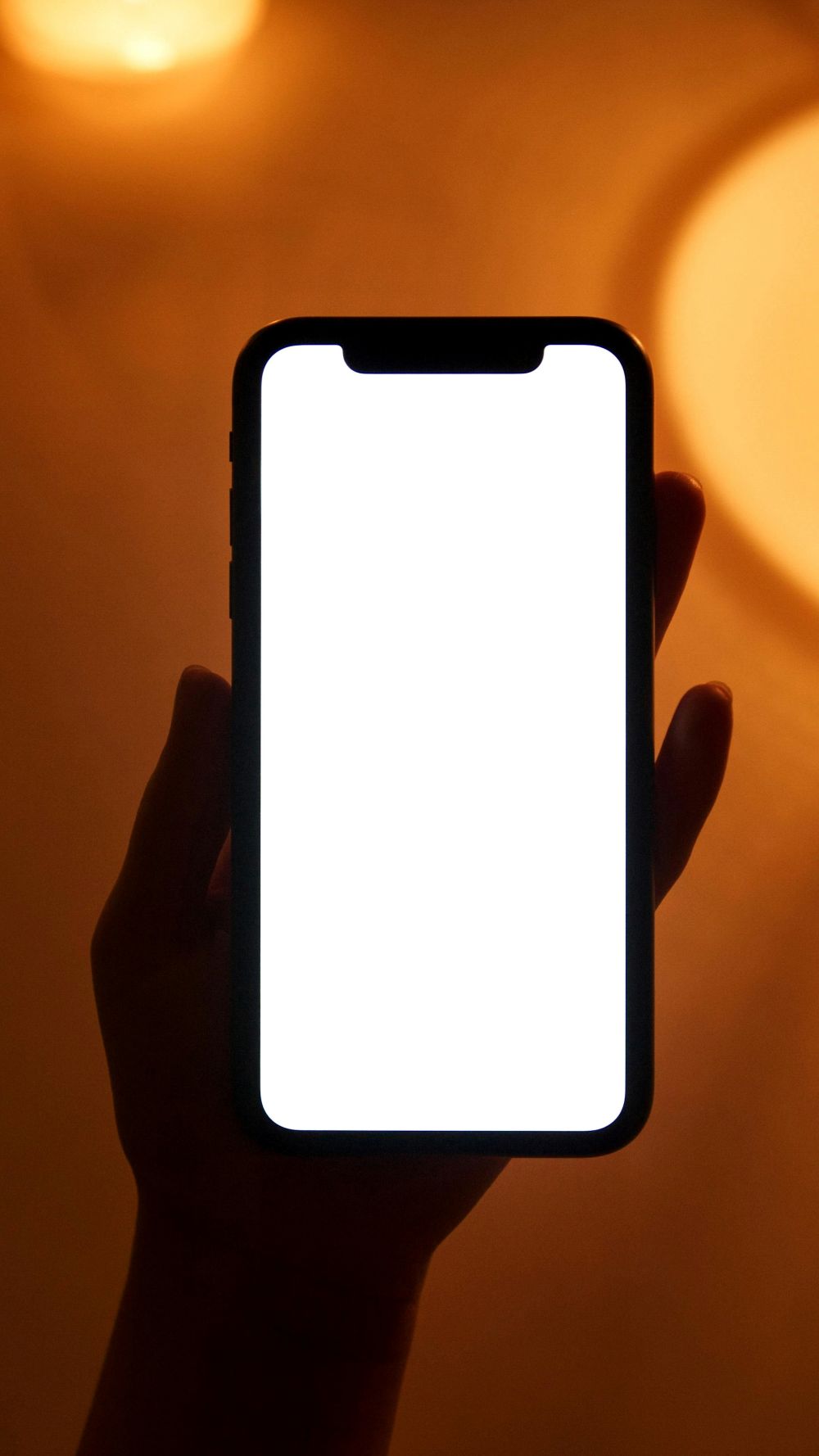Shopify sued for secretly tracking California shoppers’ phones during online purchases.
Shopify is back in court after a legal case that had been dismissed was brought back to life by a U.S. appeals court. This time, it’s over phone tracking without user permission. The case started when a man from California, Brandon Briskin, said Shopify secretly put tracking tools on his iPhone. He says this happened when he bought clothes from a website that used Shopify to run its online store. Without asking him, the software collected information about him and used that data to build a customer profile that could be sold to other businesses.
This isn’t just a small complaint. It’s grown into a possible class-action lawsuit, which means it could affect many other people who may have had their data taken the same way. The legal issue centers around whether Shopify, a company based in Canada, can be taken to court in California even though it’s not based there.
Shopify pushed back, saying it runs its services all over the U.S. and didn’t do anything specific to California. It suggested that if Briskin wanted to sue, he should do it in another state or even in Canada. At first, both a lower court and a small panel from the 9th U.S. Circuit Court of Appeals agreed with Shopify and dismissed the case.

But when the full court looked at the case again, the decision changed. The judges decided that Shopify had done enough business in California to be held accountable there for unauthorized phone tracking. In a 10-1 vote, the court said Shopify did more than just offer a service that anyone can use. It said Shopify knowingly placed tracking tools on the phones of California shoppers and then used that information in ways that benefited the company. That, the court said, was not something random or accidental. It was a business decision directed at California consumers.
This decision is getting attention from more than just the people involved in the case. A group of 30 states, along with Washington, D.C., are supporting Briskin. They argue that states should be able to protect their residents from companies that sell to them or collect their data—even if those companies are based somewhere else.
On the other side, the U.S. Chamber of Commerce is backing Shopify. It says that allowing lawsuits like this to go forward could hurt companies that offer internet services behind the scenes. The concern is that they could be dragged into court anywhere their software ends up being used, even if they didn’t do anything directly in that state.
One judge disagreed with the majority, warning that this ruling might open the door for lawsuits in any state, depending on where a shopper happens to be. She called the phone tracking decision a “traveling cookie rule,” suggesting it gives too much power to people suing, just because software followed them across state lines.
The case is still going through the court system, but the latest decision means Shopify will have to answer the claims in a California court. It also sets a strong message to other tech companies: even if you’re based in another country or state, you might still have to answer for what your software does when it reaches people in places like California.


Join the conversation!